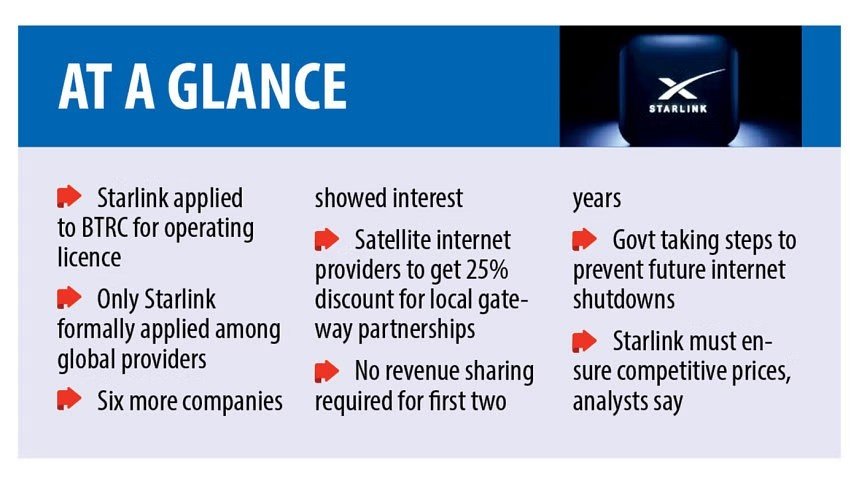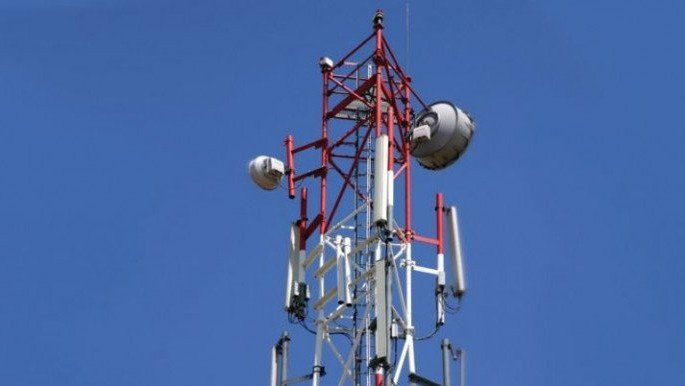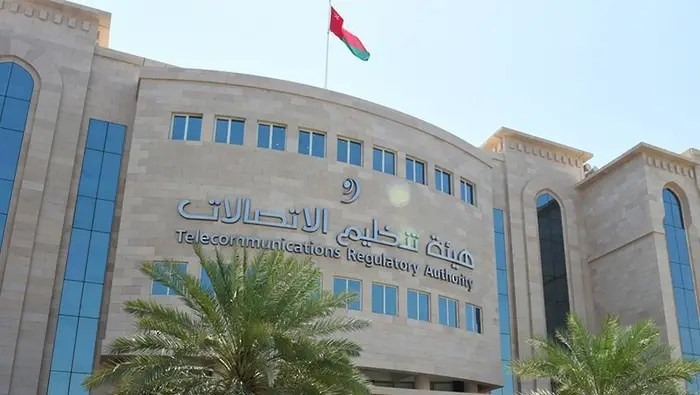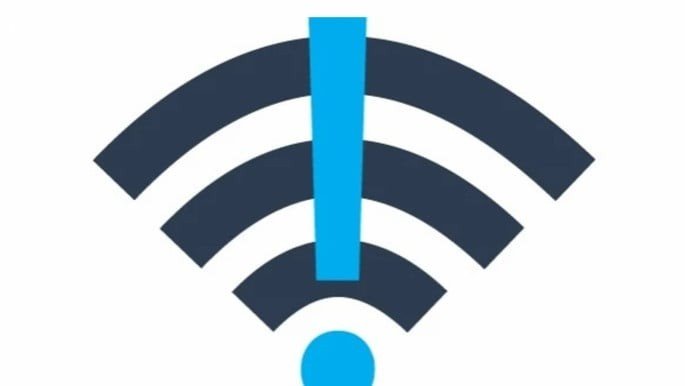Starlink, the satellite internet service provider founded by Elon Musk, has applied to the Bangladesh Telecommunication Regulatory Commission (BTRC) for a licence to operate in the country. This marks a significant step in facilitating faster access to satellite-based internet services, as both Starlink and the Bangladesh government seek to expedite the entry of such services into the market.
Maj Gen Md Emdad Ul Bari, Chairman of the BTRC, confirmed the application, stating that due process would be followed in awarding the licence. Earlier, on March 29, Starlink received approval from the Bangladesh Investment Development Authority (BIDA) to begin operations, leaving the final step as securing regulatory approval from the BTRC.
If granted, Starlink will be the first company to receive a licence under Bangladesh’s newly introduced Non-Geostationary Orbit (NGSO) guidelines, established on March 25. Under this policy, the application and processing fee is set at Tk 5 lakh, with a licence acquisition fee of $10,000 and an annual fee of $30,000. Additional charges include a $1 annual station/terminal fee per terminal, though terminals for IoT services will be exempt. There are also financial incentives for connecting through the government-owned International Internet Gateway (IIG) for bandwidth or forming partnerships with Bangladeshi satellite companies, which would provide a 25 percent reduction in fees.
The regulatory framework also mandates that licensees must share a portion of their revenue starting from the third year of operations, with 3 percent of gross revenue required between years three and five, and 5.5 percent from the sixth year onward. In addition to the NGSO licence, Starlink and other satellite providers will need a separate Radio Communications Apparatus Licence to access the necessary spectrum to launch their services.
Starlink has been attempting to enter the Bangladeshi market since 2021. In April of last year, the BTRC approved the formation of a committee to draft guidelines for satellite-based internet services, which were completed by October 2024. A key provision in the final guidelines requires satellite service providers to route internet traffic through local gateways and connect to an IIG for data transmission. This provision also allows the government to suspend internet access if needed, though steps are being taken to prevent future shutdowns.
Faiz Ahmad Taiyeb, Special Assistant to the Chief Adviser for the Ministry of Posts, Telecommunications, and IT, reaffirmed the government’s commitment to preventing internet shutdowns. He outlined several steps being taken to ensure uninterrupted internet access, including recognizing the internet as a citizen’s right in the upcoming Cyber Security Ordinance, amending telecom laws to eliminate shutdown provisions, and revising the NGSO licence guidelines to exclude shutdown clauses.
Industry experts, including telecom policy analyst Mustafa Mahmud Hussain, believe that Starlink’s entry into Bangladesh represents a major milestone for next-generation connectivity. However, pricing will be a key factor in gaining market traction, as local broadband services remain relatively affordable. Hussain also noted that Bangladesh’s challenging weather conditions, particularly during the monsoon season, will require Starlink to ensure reliable performance to meet user expectations and maintain customer adoption.















